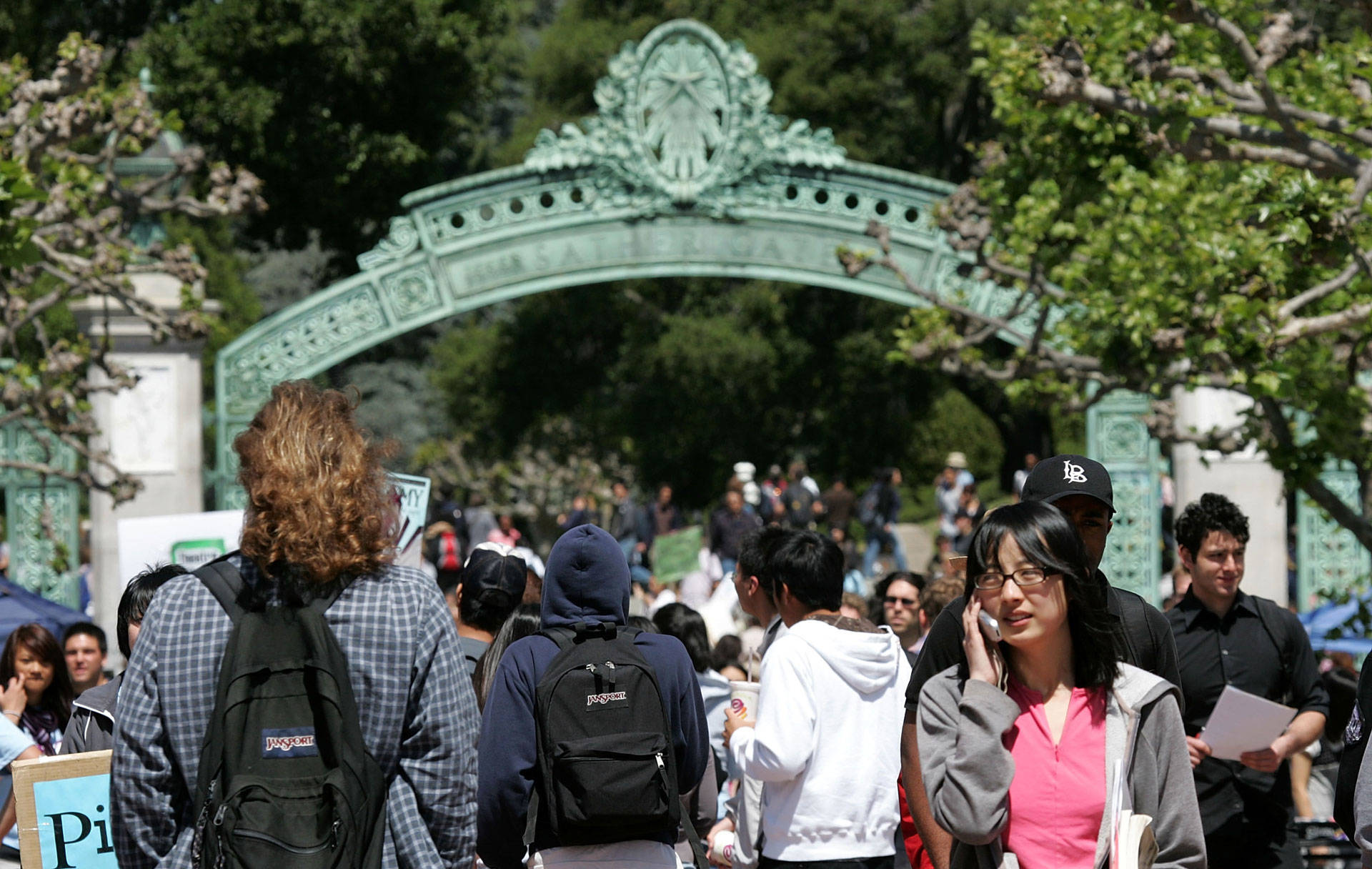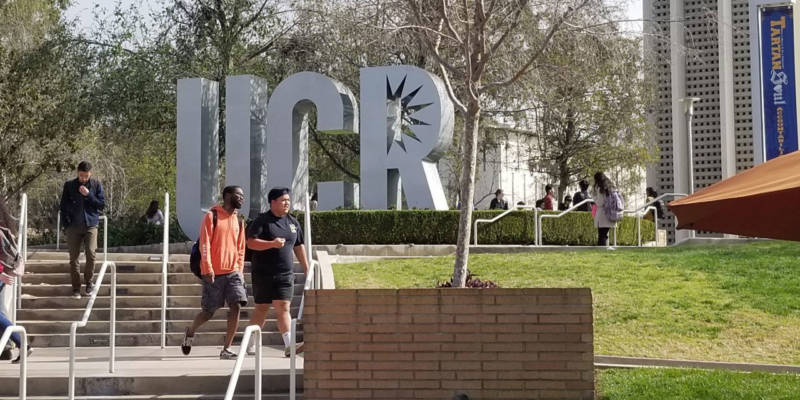“Sometimes they become a rubber stamp, and there’s not a thoughtful, evidence-based approach,” said Comeaux, who chairs the UC-wide faculty panel charged with overseeing admissions policy.
Athletes in sports that don’t generate revenue for the university are among those who can receive a cursory review, Comeaux said. “So much of that is under the radar because these are athletes that are not high profile.”
At least two people review every application granted admission by exception at UC Riverside, said Engelschall — but that’s not true for every campus, an internal UC audit found. In some cases, a single individual makes the selection, according to the June audit, the first of three to examine ways to improve UC’s admissions procedures in the wake of Varsity Blues.
A bill pending in the state Legislature aims to address that: Authored by Sacramento Assemblyman Kevin McCarty, it would require that at least three senior administrators sign off on every student admitted by exception to UC and CSU.
UC Santa Cruz: Out-of-Staters — and Tuition
UC’s internal audit also found that campuses are not consistently measuring how many students they admit by exception, and sometimes fail to document the reason for the decision. UC Santa Cruz, for example, admitted about 8% of its entering class by exception in 2018, exceeding the 6% allowed under UC rules.
Michelle Wittingham, associate vice chancellor of enrollment management, said the way the university handled those applications — which were flagged by a reviewer, given a score between 1 and 5, and then lumped in with the regular pool — made it harder to track compliance with the cap. But she added that the university is “going to really be looking closely into that.”
UC Santa Cruz has used the program to recruit students from outside California who have strong academic records but didn’t take a required class, Wittingham said: “You might be missing a year of English, but we see that you had senior English and got great grades and had strong test scores.”
The university is working to increase its population of non-resident students, Whittingham said, both to expose California students to other cultural influences and bring in the extra tuition dollars those students pay. About 86% of the 282 students the campus admitted by exception in 2018 came from outside the state, she said, and “not shockingly, curriculum in other countries is not aligned to UC requirements.”
Whittingham took care to emphasize that non-resident students who come in by exception aren’t displacing California residents — the number of in-state students, she said, is determined by state funds.
UC-wide: Promoting Diversity?
UC President Janet Napolitano has said the university will follow the audit’s recommendations, which include requiring campuses to track why they admit each student by exception and ensure that multiple people evaluate each file.
While UC says only about 2% of newly enrolled students systemwide enter via the policy, that still amounts to hundreds of students. The university sent acceptance letters to a record 108,178 freshmen for fall 2019, including 71,655 Californians. About 62% of California applicants got in, though not necessarily to their first-choice campus.
In some ways, admissions by exception may be contributing to campus diversity. California students admitted via the policy in 2018 were more likely to be black than those in the entering class overall — though less likely to be Latino or first-generation. Black students, who are underrepresented at UC compared to their share of California’s population, made up about 10% of in-state students admitted by exception, double their share of total admitted students from the state.
At a recent meeting of UC’s governing board, some university regents worried that tightening oversight of admissions by exception too much — for example, by requiring more students to submit documents verifying claims they make in their applications — could adversely affect disadvantaged students.
“Folks that are being admitted by exception…might be in the least favorable position to provide a lot of verification,” said regents vice-chair Cecilia Estolano. “Those are super-important categories for us to ensure that we’re opening access to really amazing, talented people that just don’t have opportunities to show that in their high school.”
But Wei-Li Sun, an admissions consultant who specializes in helping students apply to UC, says the practice seems less to benefit disadvantaged students overall than to target specific groups.



